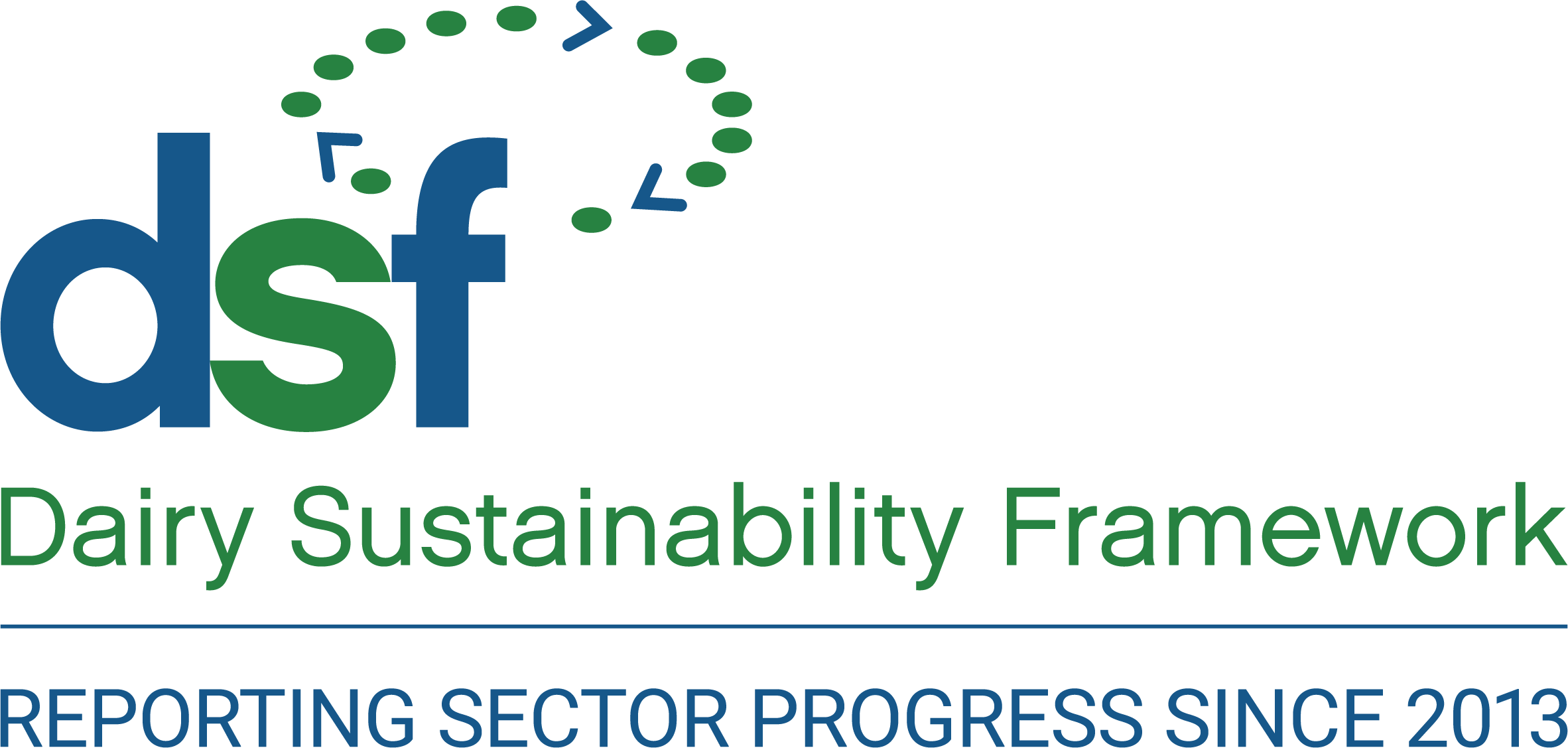Nutrition and Food Systems Report
Nutrition and Food Systems Report
 A summary by Dr Greg Miller, Chief Science Officer at NDC, Executive Vice President of Research, Regulatory and Scientific Affairs for Dairy Management Inc. and Global Dairy Sector Lead for Nutritional Security for Global Dairy Platform and a member of the High Level Panel of Experts which produced the report
A summary by Dr Greg Miller, Chief Science Officer at NDC, Executive Vice President of Research, Regulatory and Scientific Affairs for Dairy Management Inc. and Global Dairy Sector Lead for Nutritional Security for Global Dairy Platform and a member of the High Level Panel of Experts which produced the report
This report will provide a framework for the food industry on how to tell their story and how they are participating in developing a sustainable food system that provides food security and nutrition. The report does not give much attention to agricultural production of food or food waste and loss. Concerns are raised about modern agricultural food systems and create uncertainty about the role that technical innovation can play in furthering sustainable food systems. It would be valuable to have a library of examples on how dairy is innovating and utilizing technology to become more efficient and sustainable. In addition, the dairy sector can work to create a better dialog about its commitment to sustainable production by talking about the Dairy Declaration and participating in the Dairy Sustainability Framework.
The purpose of the report is to analyze how food systems influence people’s dietary patterns and nutritional outcomes and to highlight the effective policies and programs that have the potential to shape food systems, contribute to improved nutrition and ensure that food is produced, distributed and consumed in a sustainable manner that protects the right to adequate food for all.
The summary gives you a good sense of what’s in the report and the recommendations. This report is structured to analyse food systems and diets in terms of three dimensions: food supply chains, food environments, and consumer demand and behaviour.
No food or food group is singled out as bad, except highly processed nutrient poor foods. It will be important to change the dialogue about the processing of food (Brazil’s dietary guidelines are based on the level of processing). Foods are processed for safety, enhance storage life, improve nutritional value, etc. A dialogue focused on consumption of foods that are nutrient rich versus nutrient poor food would be more appropriate. Fortification of foods is an example of food processing that can add nutritional value (i.e, folic acid) to foods and close consumption gaps.
There is a focus on food environments and how they may influence food consumption and subsequent nutrition and health outcomes. The dairy sector has a relevant story to tell on the nutrition and health benefits of dairy consumption and the role it can play in delivering food security and nutrition. An emphasis in the report on the multiple burdens of malnutrition provides an opportunity area to discuss how dairy can help meet SDG 2 to eliminate malnutrition and reduce the incidence of noncommunicable diseases. There are studies demonstrating the nutrient richness, as well as health benefits and health care savings that could be accrued by adequate consumption of dairy.
Recommendations are written broadly as implementation of policies and programs will need to be context specific. The importance of all food system actors working together is highlighted. However, concerns are raised about conflicts of interest, this will require a clear set of guidelines for public-private partnerships and transparency. Interestingly, the WHO launched an online consultation on “safeguarding against possible conflicts of interest in nutrition programmes: “Approach for the prevention and management of conflicts of interest in the policy development and implementation of nutrition programmes at country level” (http://www.who.int/nutrition/consultation-doi/en/ ). This will remain an area of dialog where we need to engage.
The report also calls for greater investment in research and development, particularly improving data collection and knowledge sharing. There is very limited knowledge and data for good policy and program development for sustainable food systems to deliver food security and nutrition. Encouraging investment in research is critical to ensure that policy, programs and guidelines are grounded in science.
The conclusion calls for action by all actors in the food system, especially governments, despite the paucity of knowledge. It will be critical to call for science-based actions. When programs, policies or guidelines are implemented it will be important to monitor and measure impacts of decisions to adjust as may be required to achieve the intended outcomes rather than unintended consequences. A summary of the report and recommendations on nutrition and food systems written by the high-level panel of experts can be found here
